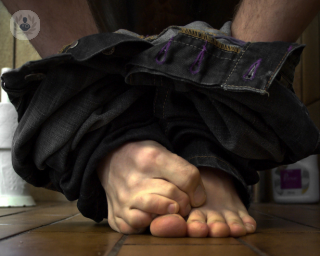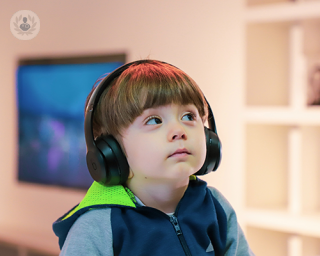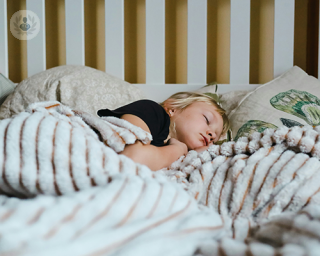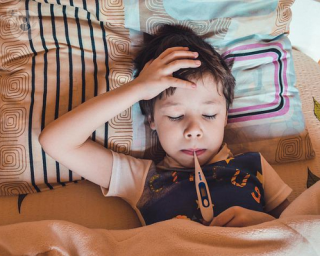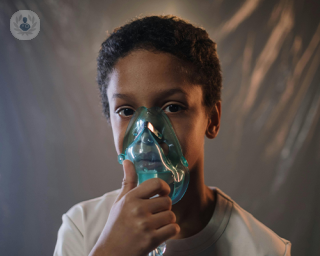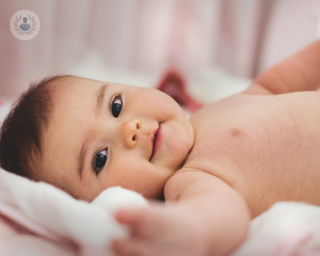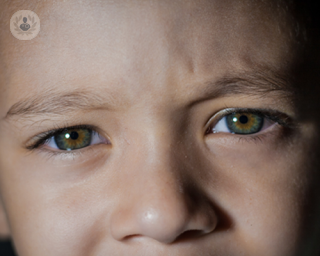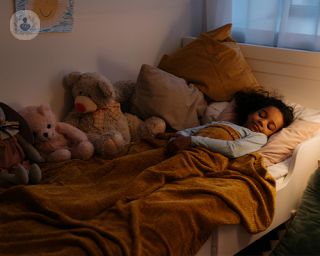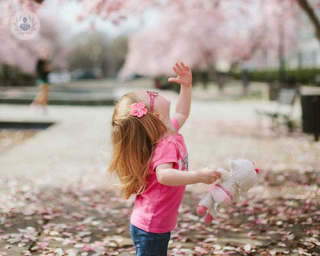
By Dr Claudia Rettberg
14.01.25
Paediatrics
Integrating holistic and conventional approaches in paediatric care
Parents today often seek a comprehensive approach to their child’s health, balancing conventional medical treatments with holistic practices. Integrating these methods can provide a well-rounded, personalised approach to paediatric care. By blending evidence-based medicine with complementary therapies, families can address physical, emotional, and social well-being effectively.

